
Would you like to save this?
A big house once felt like a dream, but now it’s starting to feel more like a burden. Empty rooms gather dust, bills keep climbing, and the upkeep eats away at your time and energy. If your home is weighing you down instead of lifting you up, it may be sending you signals you can’t afford to ignore. Here are 35 clear signs you’re long overdue to downsize, and why doing it could be the smartest move you’ll ever make.
35. You have rooms you never set foot in.
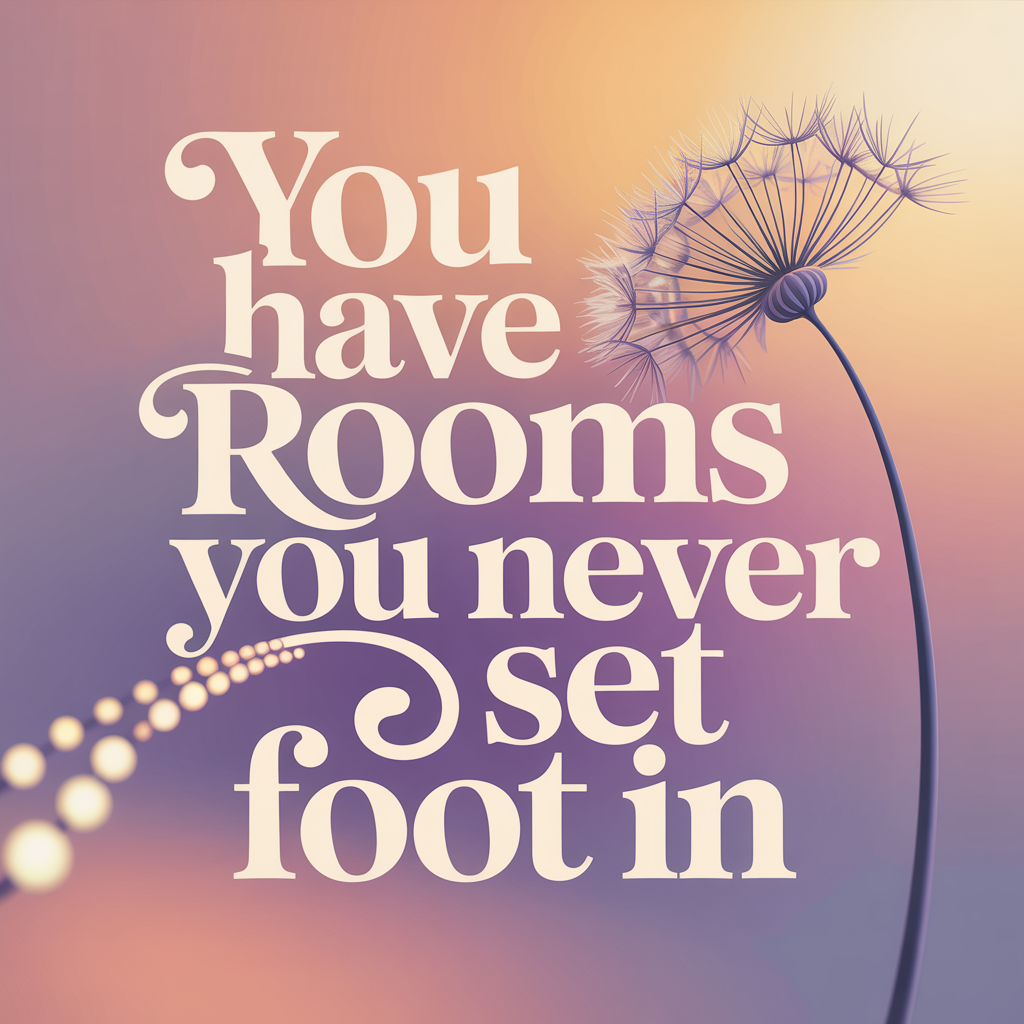
If entire areas of your house sit dark for months, that’s wasted space. Heating, cooling, and cleaning them still costs money. Paying for rooms that don’t serve you is one of the clearest signs it’s time to shrink.
34. You’re cleaning spaces nobody uses.
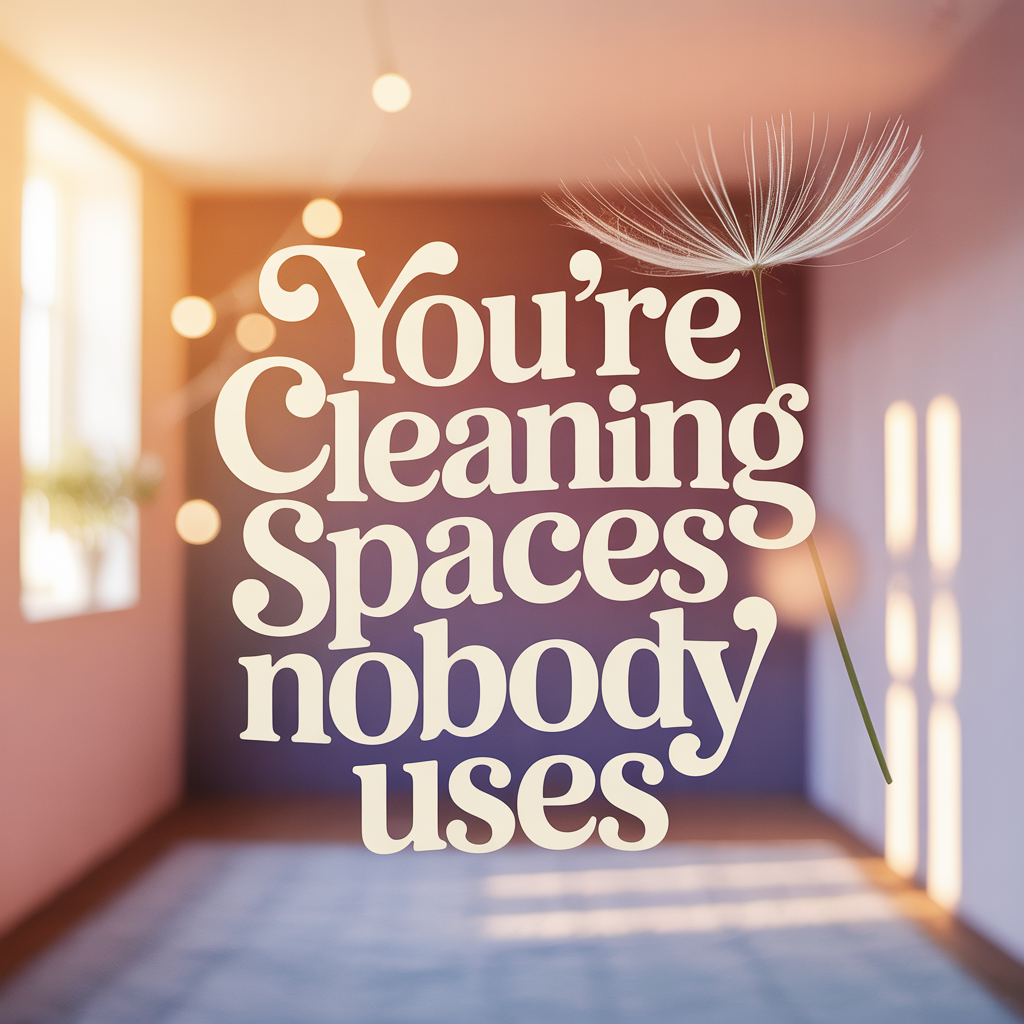
Dusting empty guest rooms or vacuuming formal dining areas eats up time. That effort could be redirected toward enjoying life instead of maintaining square footage. Downsizing eliminates chores that don’t serve your day-to-day reality.
33. Yardwork feels endless and exhausting.
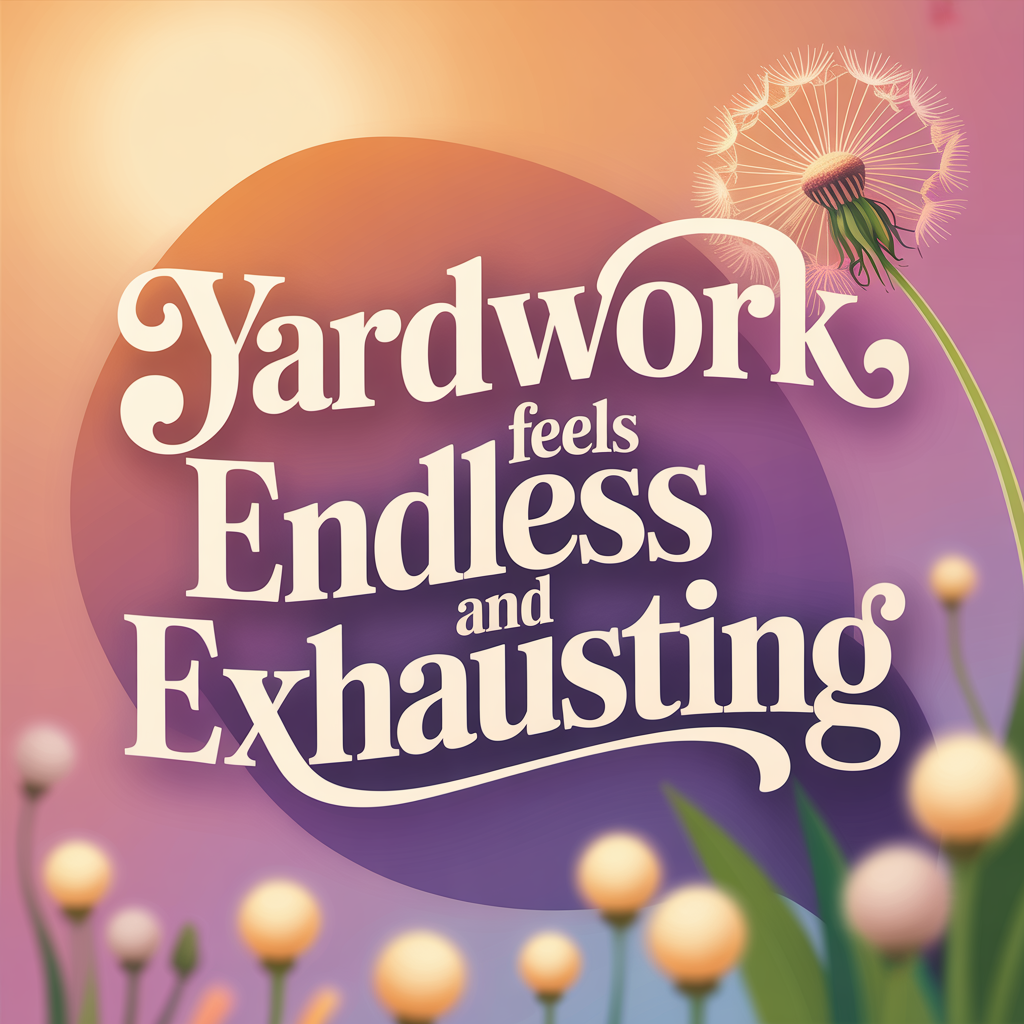
Lawns, hedges, and flowerbeds may once have been a source of pride. Now, upkeep feels like a burden instead of a joy. A smaller property cuts back the hours spent bent over tools.
32. You struggle to keep up with maintenance.
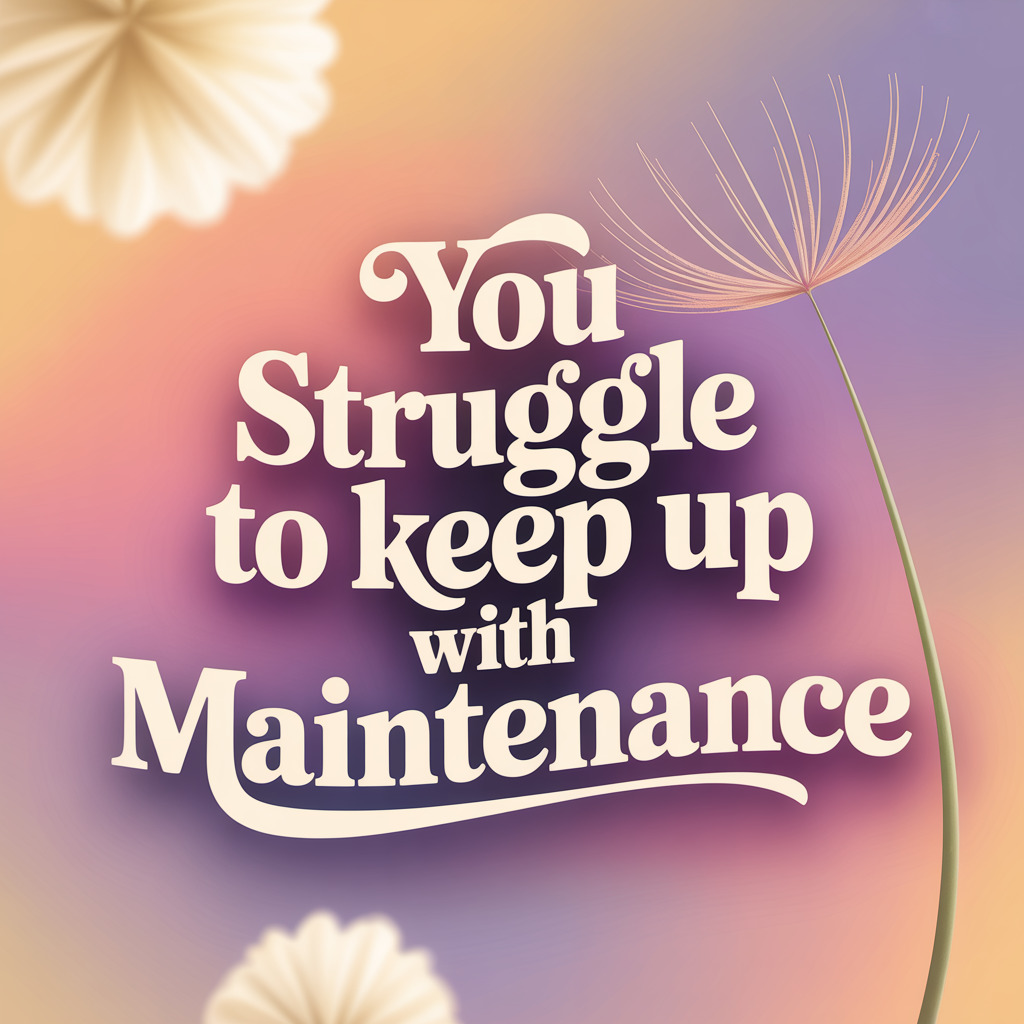
From gutters to roof leaks, the list never stops. If repairs pile up faster than you can address them, the house owns you instead of the other way around. A smaller home means fewer projects stealing your weekends.
31. Energy bills keep climbing.

Cooling unused bedrooms or heating drafty basements is expensive. A big home bleeds money in every season. A downsized property instantly reduces these monthly costs.
30. You’re storing clutter instead of living with it.
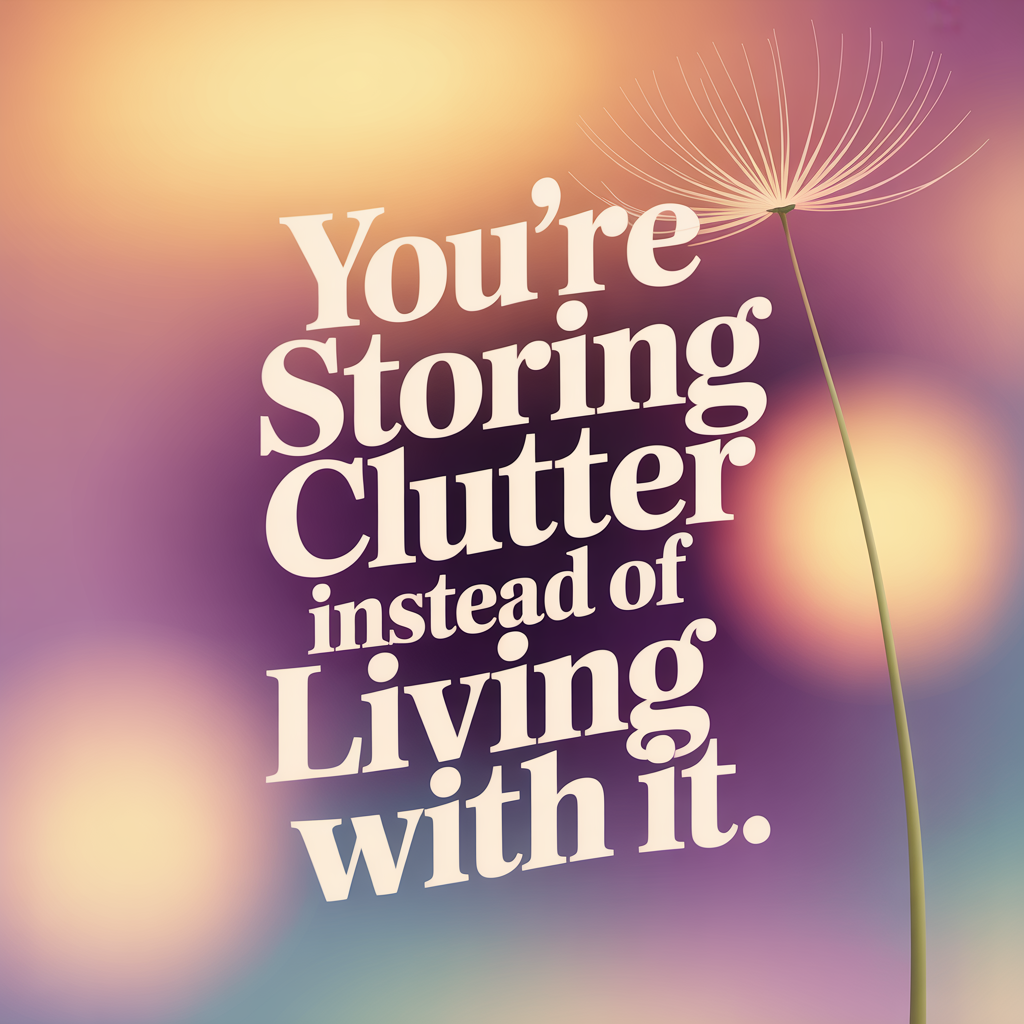
Would you like to save this?
Attics, basements, and extra closets overflow with boxes. If you can’t even remember what’s inside, those square feet serve your stuff, not you. Downsizing forces intentional living by cutting off storage excess.
29. The stairs are becoming a challenge.

What was once nothing is now a daily grind on your knees. Mobility issues make multi-level homes impractical. A single-level downsized home removes this stress entirely.
28. You rarely host large gatherings anymore.
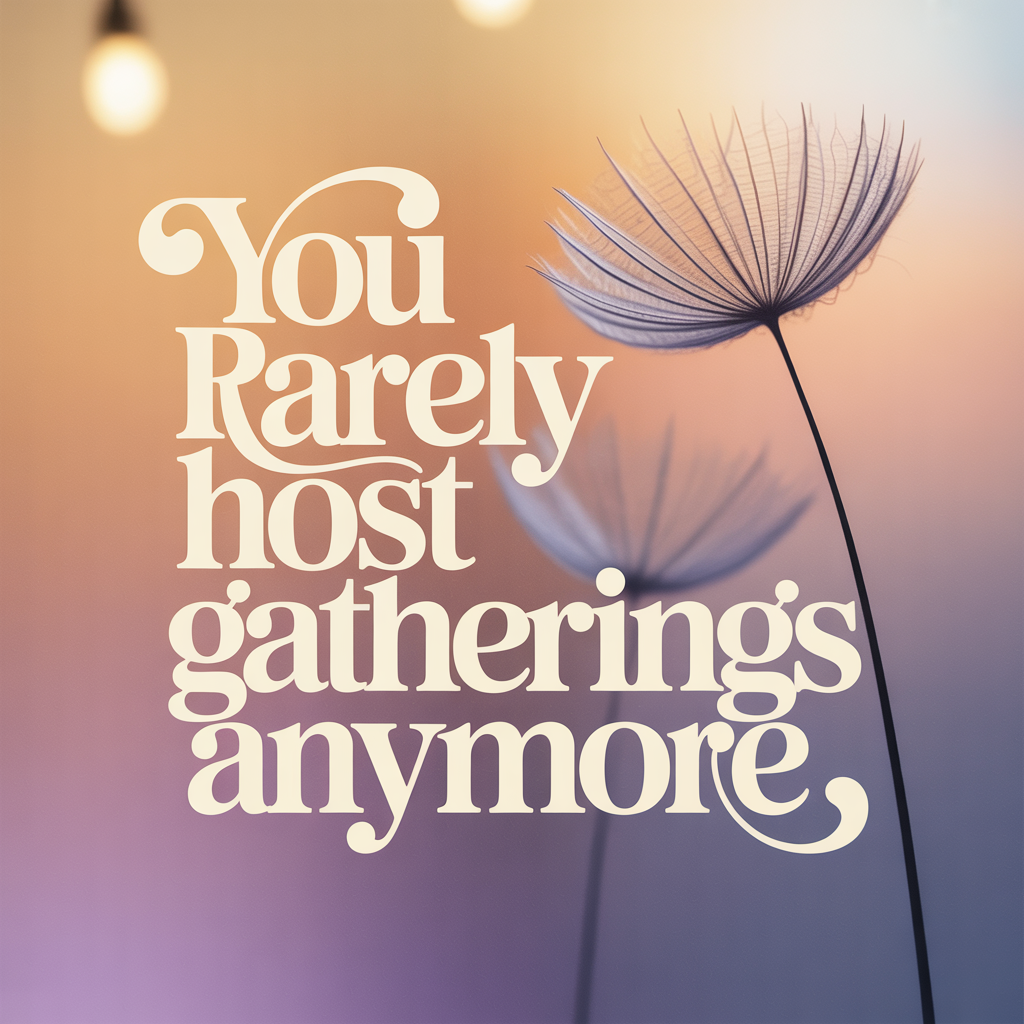
Big dining rooms and living areas are wasted if they only get used once a year. Paying to maintain unused entertaining space doesn’t make sense. A smaller home can still welcome friends without carrying excess square footage.
27. You pay for professional help constantly.
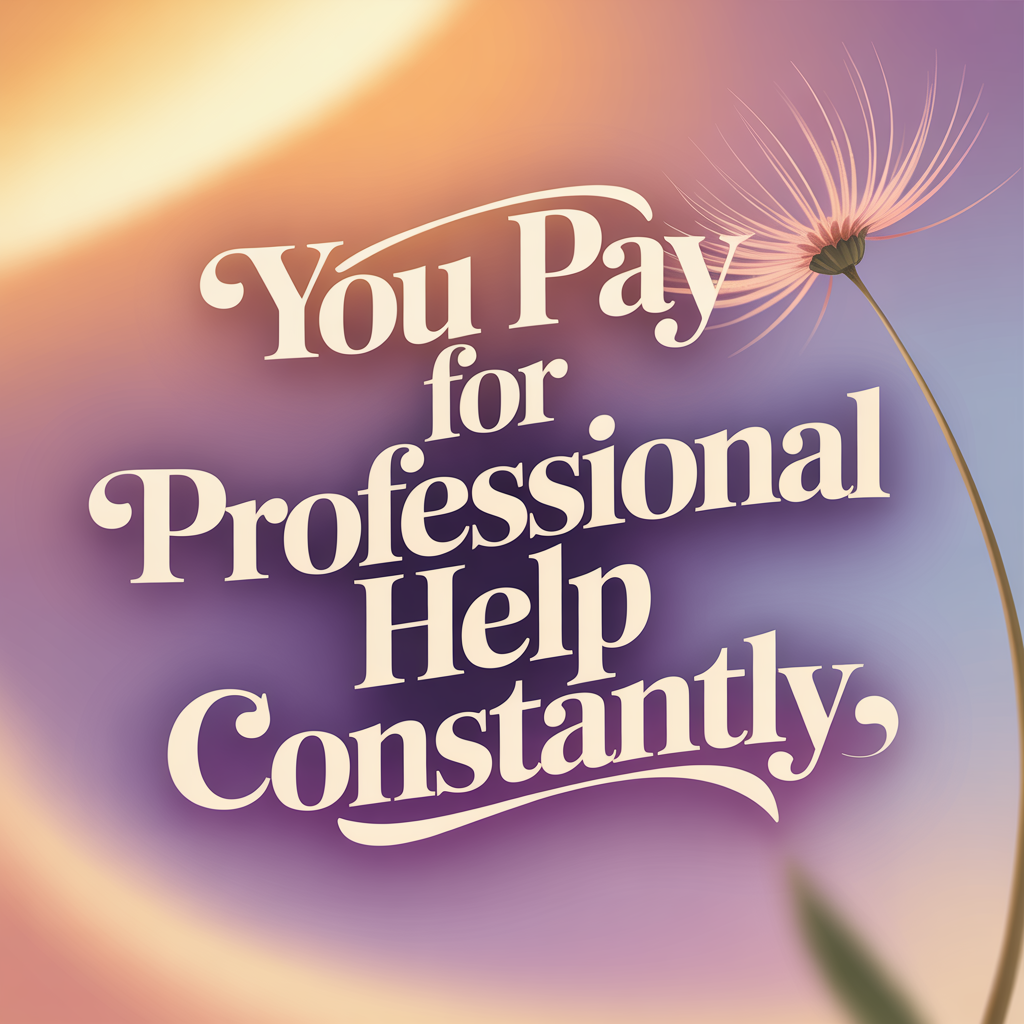
Lawn services, cleaners, and repair technicians are on speed dial. If the only way to keep up is to hire out, your house is too big for your lifestyle. Downsizing gives you back both control and money.
26. The house feels empty most of the time.
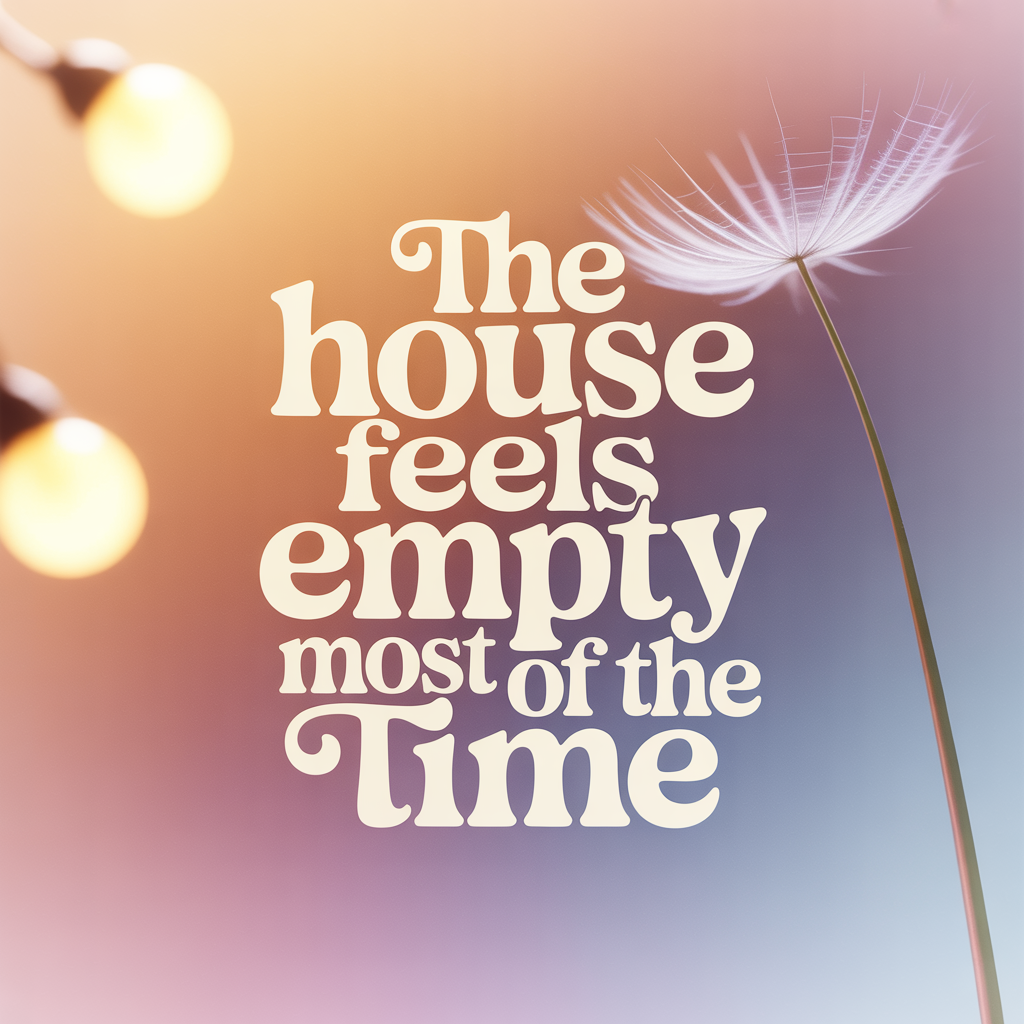
Kids are grown, guests are rare, and you rattle around in too much space. Walking through unused rooms can feel lonely. A cozier, right-sized home feels alive again.
25. You feel overwhelmed by household tasks.
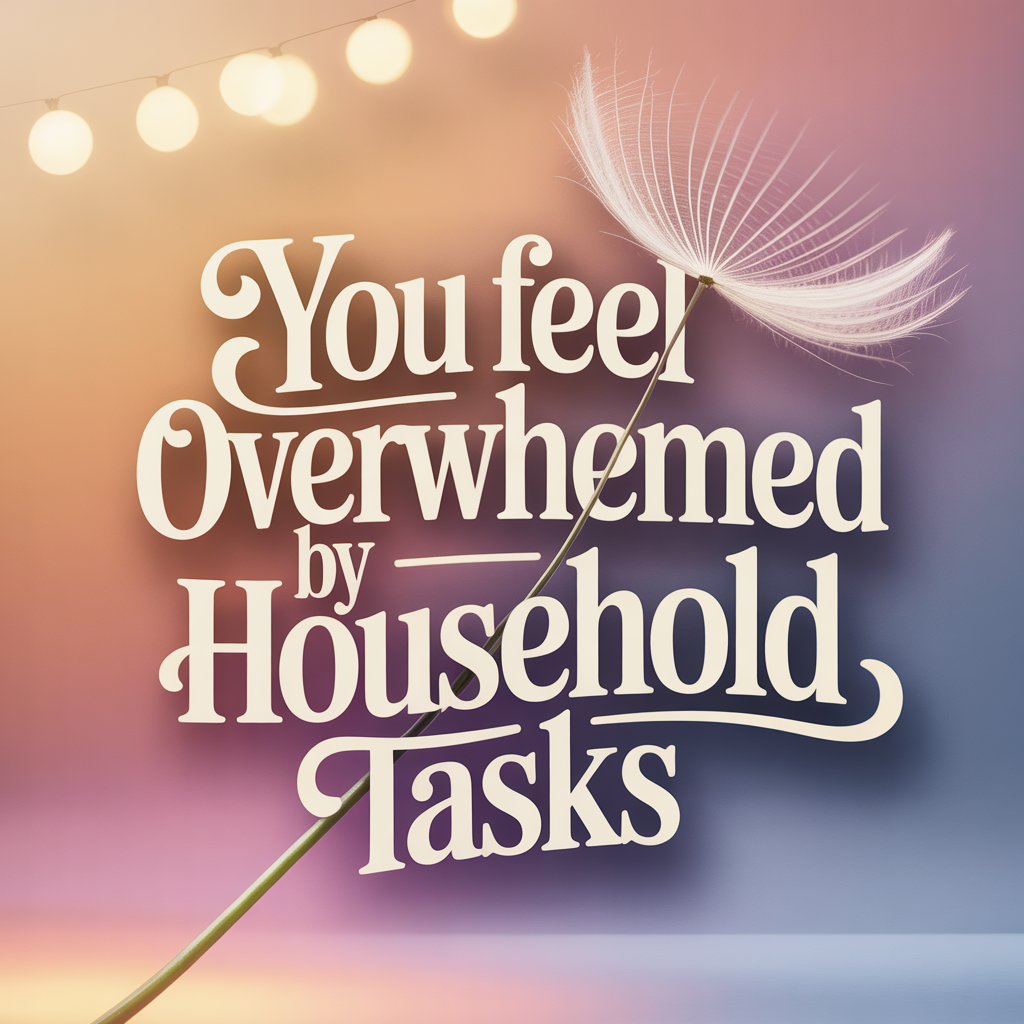
Laundry, dishes, and cleaning multiply in a big house. Even small chores stretch longer because of distance and scale. Smaller spaces simplify daily routines.
24. You’re spending more time managing the house than enjoying it.
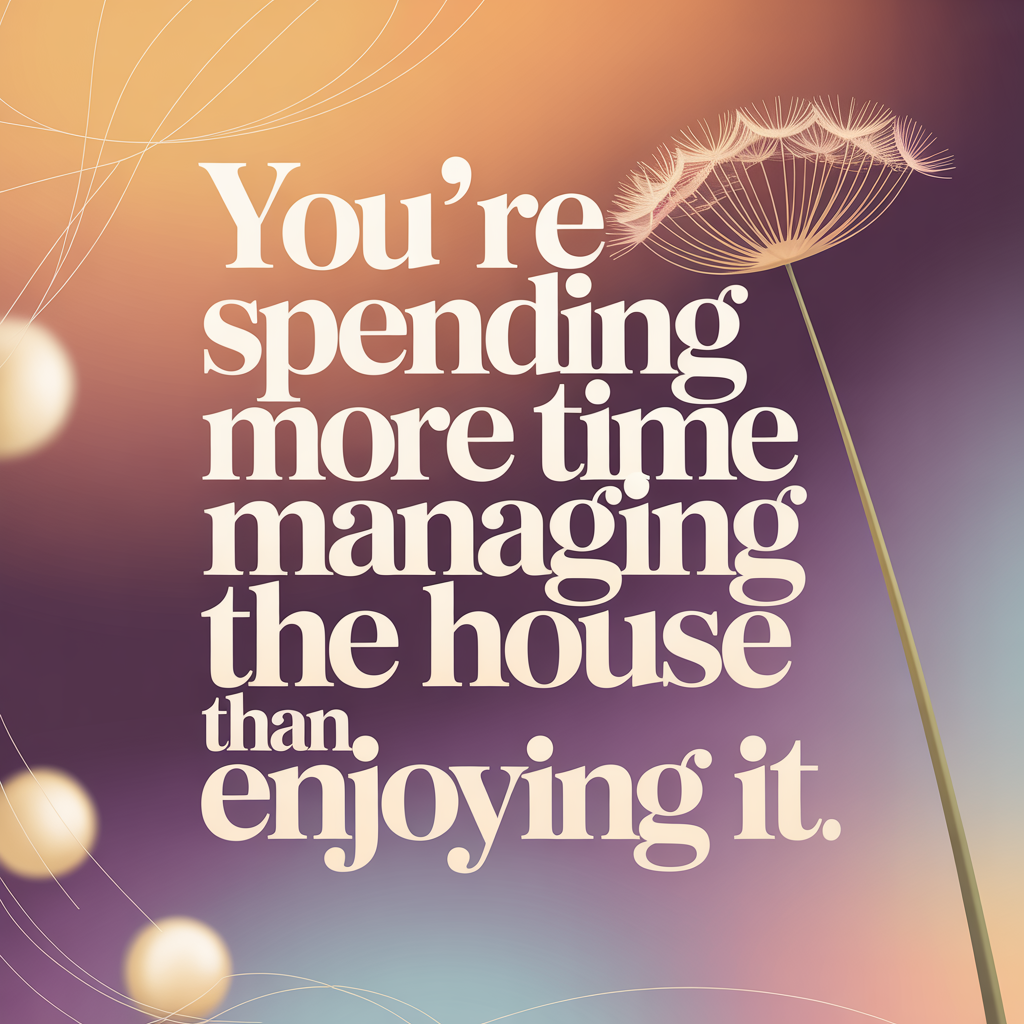
Weekend plans get canceled for chores and repairs. Your home should support your lifestyle, not dominate it. Downsizing frees up time for things that matter.
23. You have multiple storage units off-site.
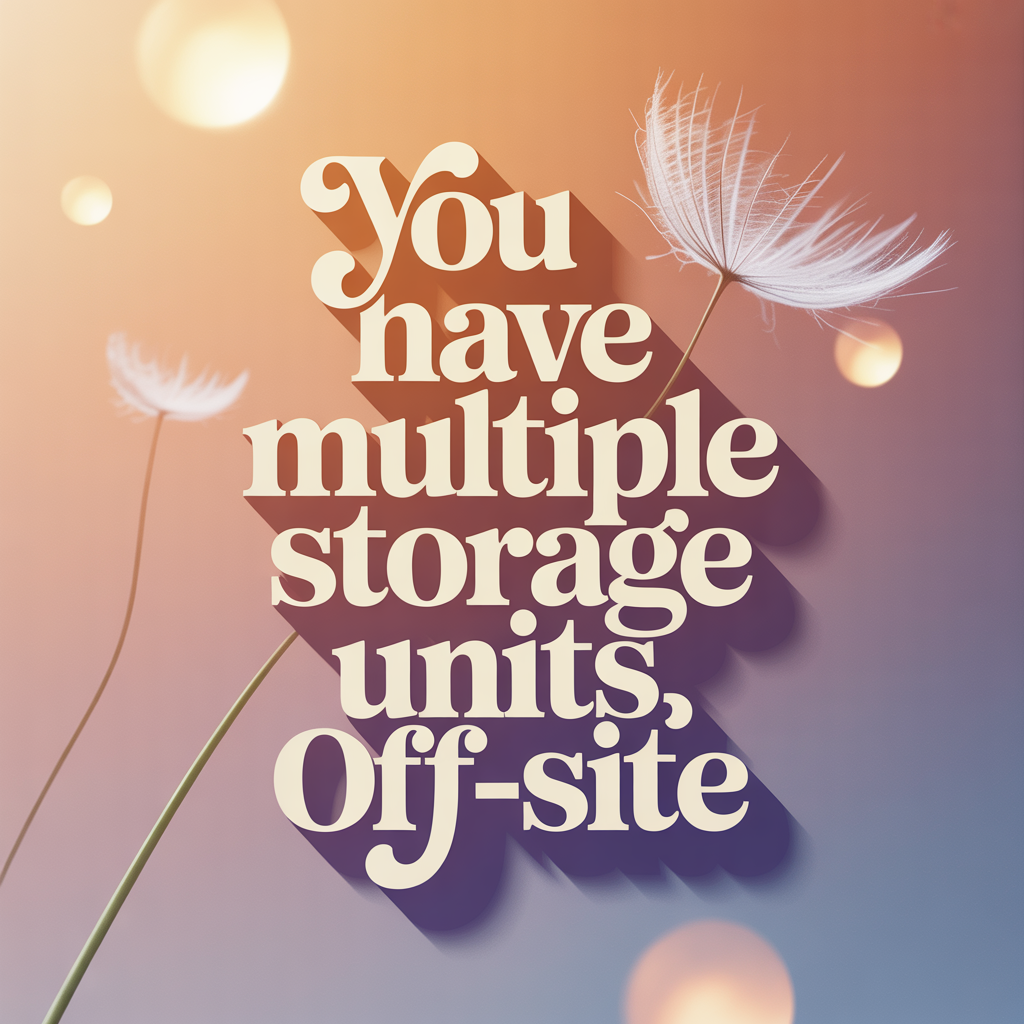
Paying monthly fees to hold things you never use is a red flag. If your house and extra space can’t hold it all, you’re managing stuff instead of living life. Downsizing forces you to cut the excess.
22. Guests no longer come as often as they used to.
Extra rooms sit ready, but family visits less and less. Holding onto square footage “just in case” no longer justifies the cost. A smaller guest-friendly space is enough.
21. You’ve lost interest in decorating most of the house.

Empty walls and outdated furniture dominate unused areas. When you stop caring how entire rooms look, it’s because you don’t really use them. Downsizing trims your focus to spaces you love.
20. You avoid certain rooms altogether.
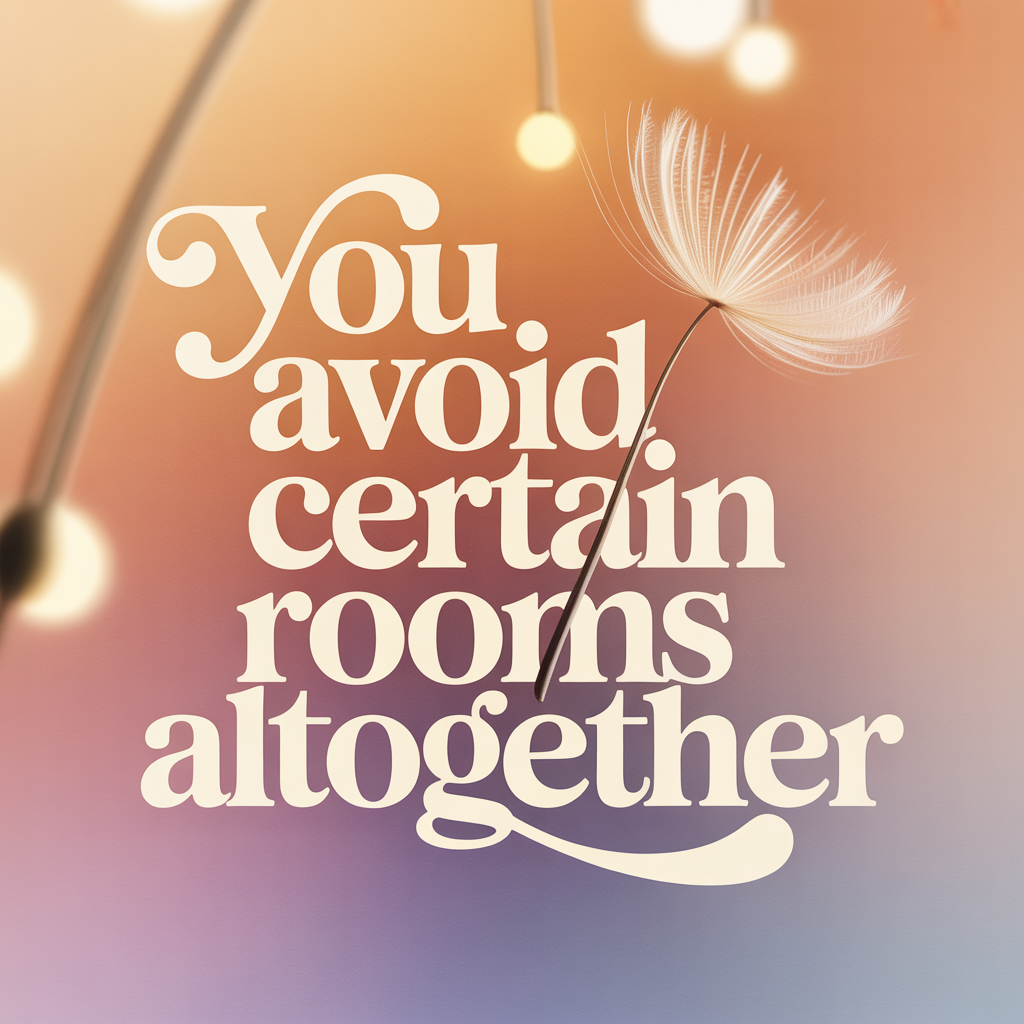
Cold basements, drafty upstairs, or awkward layouts become no-go zones. That avoidance signals wasted money on square footage you never enjoy. A smaller home means every space matters.
19. Repairs are financially draining.
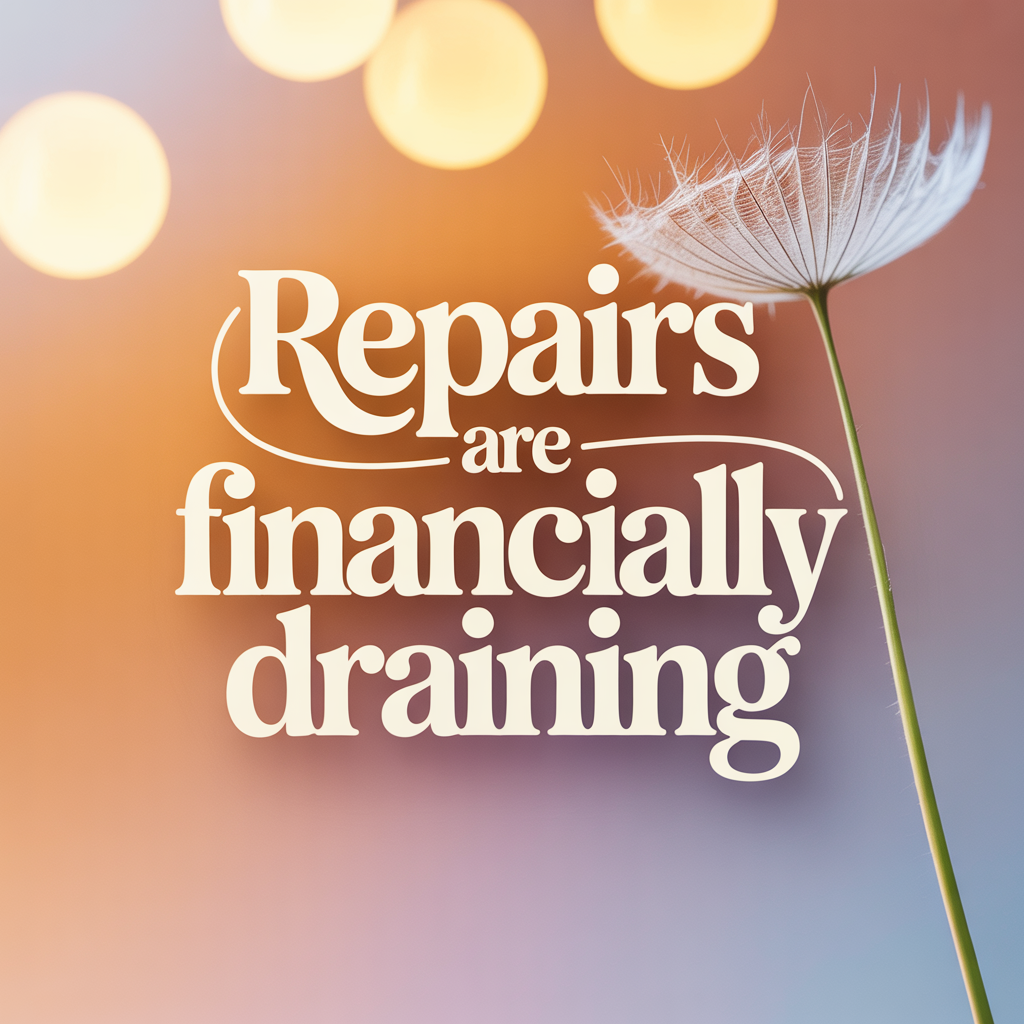
Roofs, HVAC systems, and appliances scale with home size. When a single repair blows the budget, the property has outgrown your resources. Smaller homes mean smaller, less costly fixes.
18. Downsizing would release significant equity.
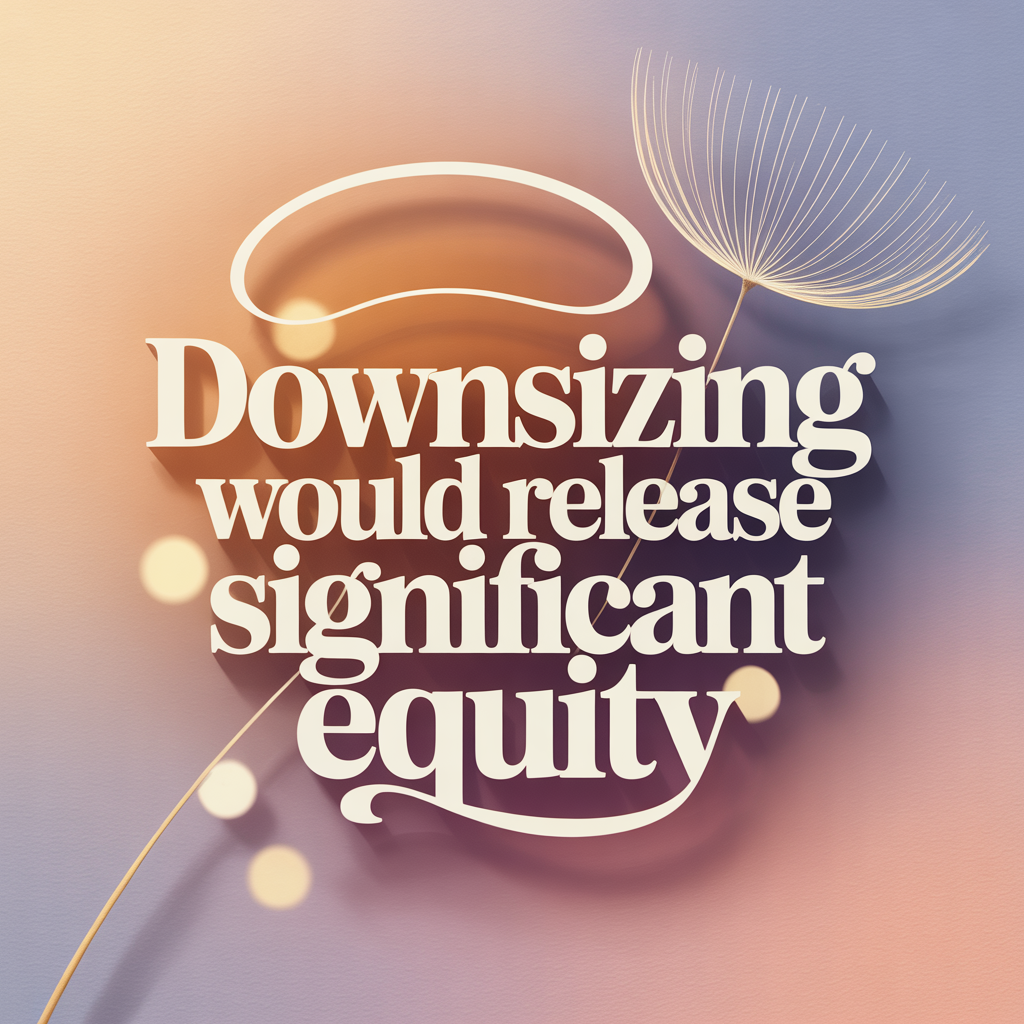
A large home often ties up wealth that could support retirement or travel. If cash is locked in bricks you barely use, that’s a misallocation. Selling and moving smaller unlocks financial freedom.
17. The property taxes sting more every year.

Assessments rise while your need for the space falls. Writing those checks becomes more painful with each bill. Smaller homes typically sit in lower tax brackets.
16. You feel like the house is running you.
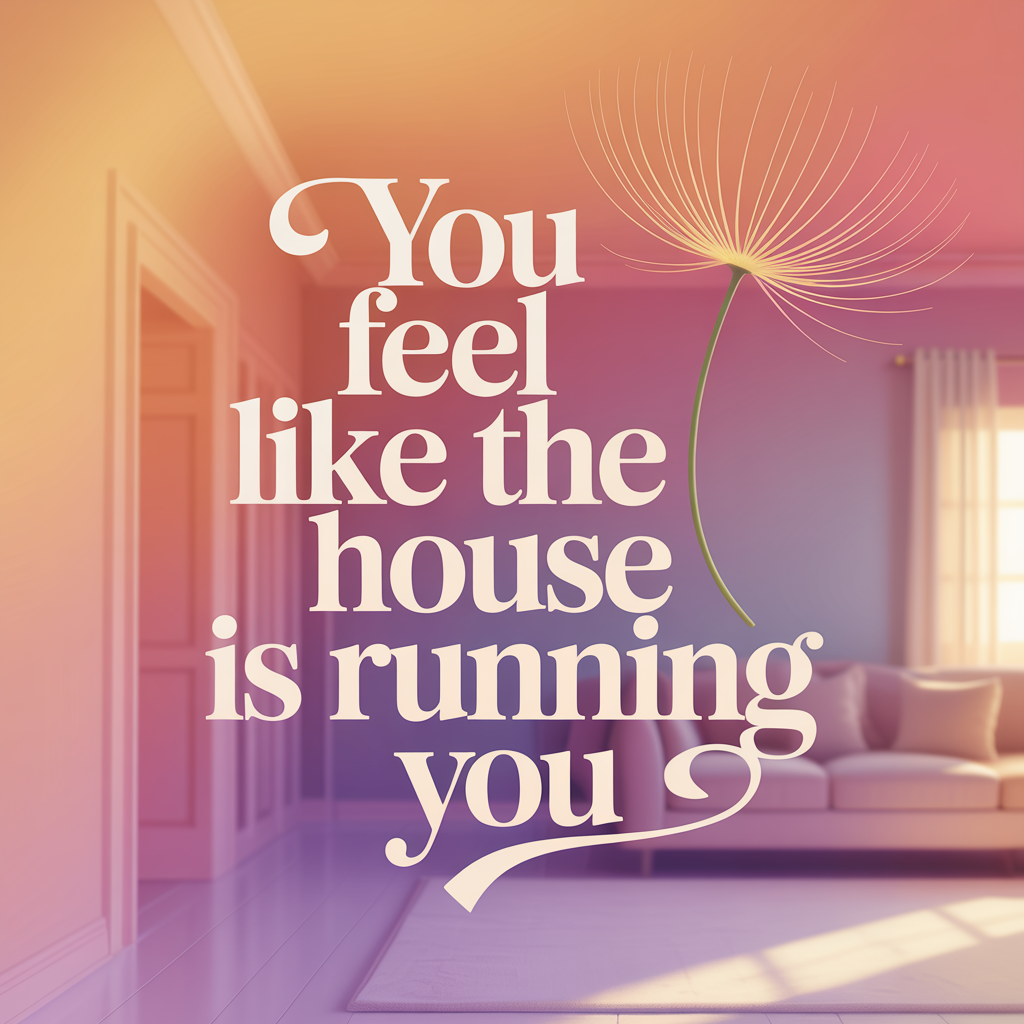
Would you like to save this?
Schedules, money, and stress revolve around upkeep. Instead of living freely, you’re tied to obligations of a property you don’t need. A smaller home gives you back control.
15. You only use a handful of rooms daily.
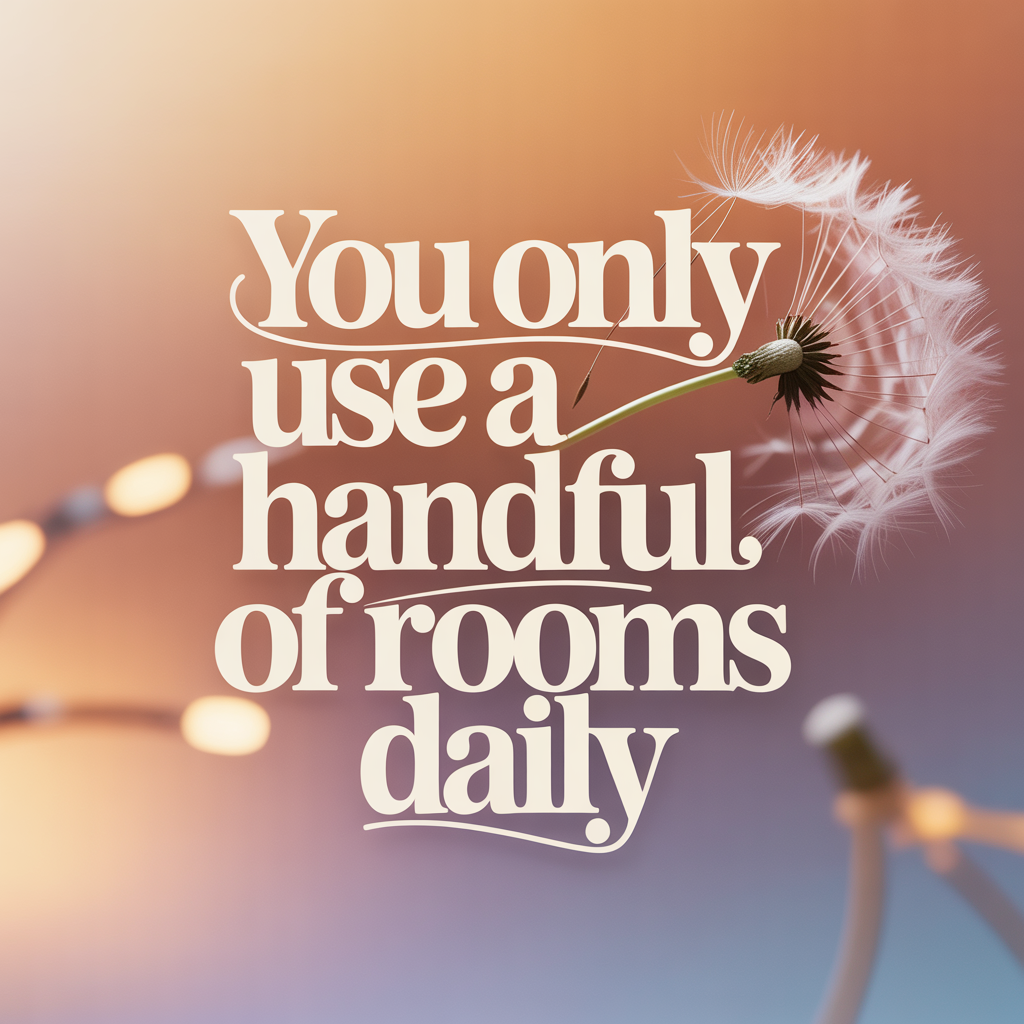
If your real life happens in the kitchen, one bathroom, and one living area, the rest is wasted. Why bankroll dozens of spaces you ignore? Downsizing makes every square foot purposeful.
14. You dream of travel but can’t leave the house unattended.

Bigger homes need babysitting: lawn mowing, mail collection, and constant upkeep. That makes spontaneous trips harder. A smaller home is easier to lock and leave.
13. You’re emotionally done with “stuff.”

Accumulated furniture, heirlooms, and boxes no longer spark joy. The weight of it becomes oppressive. Downsizing forces you to keep only what matters.
12. You feel guilty about wasted space.

Empty bedrooms or unused offices sit idle while you pay to heat, cool, and clean them. That guilt nags every time you walk by. A smaller home ends the waste.
11. Safety becomes a growing concern.
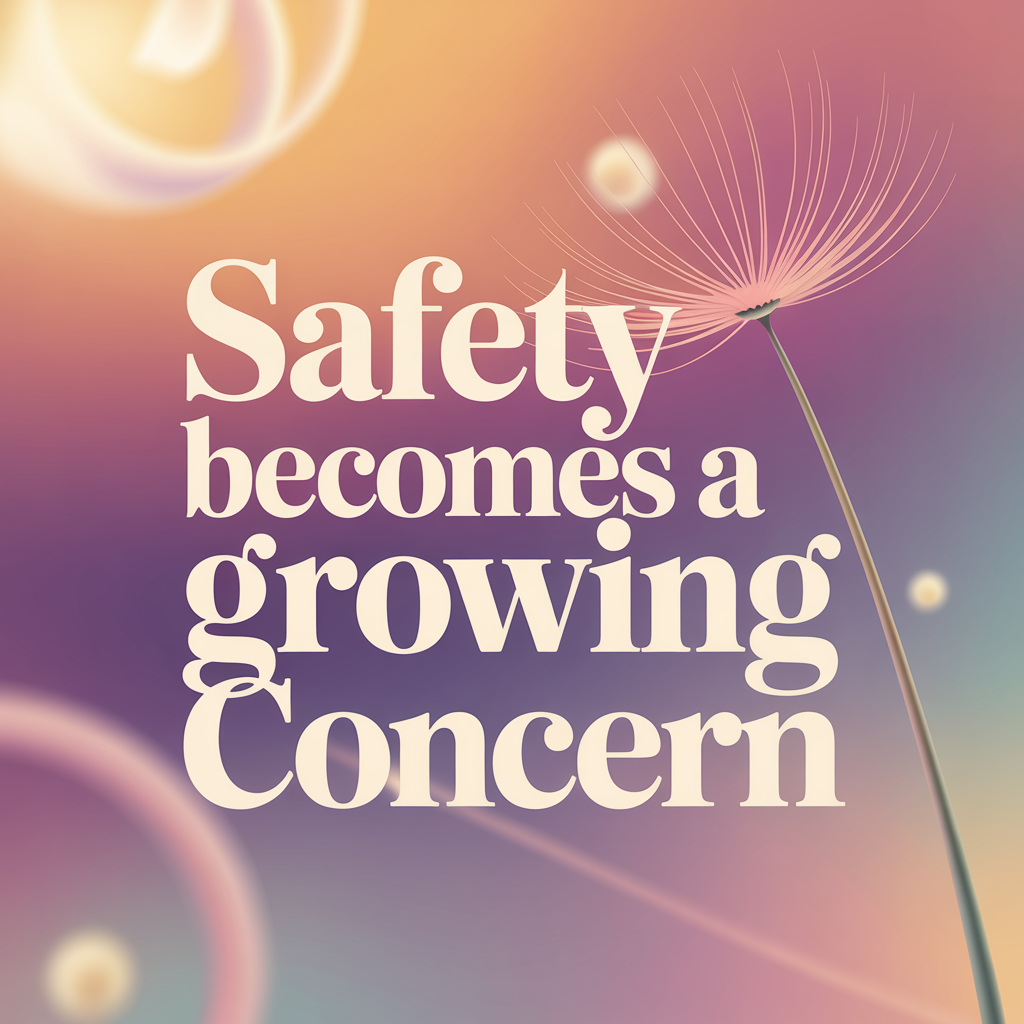
Bigger homes often have more entry points, more stairs, and more areas that feel vulnerable. Downsizing simplifies security. A smaller footprint feels safer and easier to manage.
10. You’re tired of chasing dust bunnies.

No matter how much you clean, big spaces multiply mess. A smaller home keeps cleaning realistic and less discouraging. Less square footage = less frustration.
9. Your lifestyle is shifting.

Retirement, kids leaving, or lifestyle changes mean the house no longer fits. Holding onto excess square footage ties you to the past. Downsizing aligns your home with your current reality.
8. The commute to everything feels long.
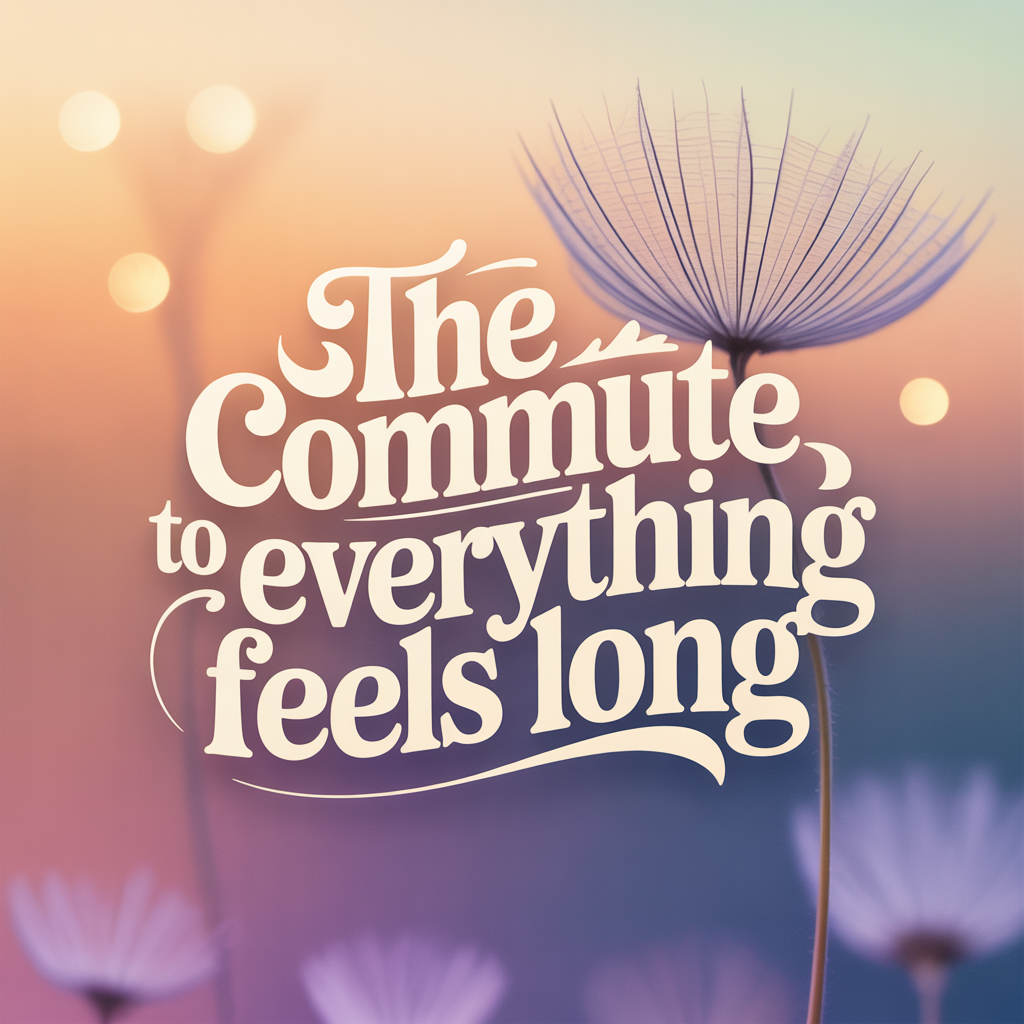
Large houses often sit in suburbs or on big lots far from amenities. If every errand feels like a trek, you’re paying for isolation. Downsizing can bring you closer to what you actually use.
7. You’re constantly repairing unused appliances.
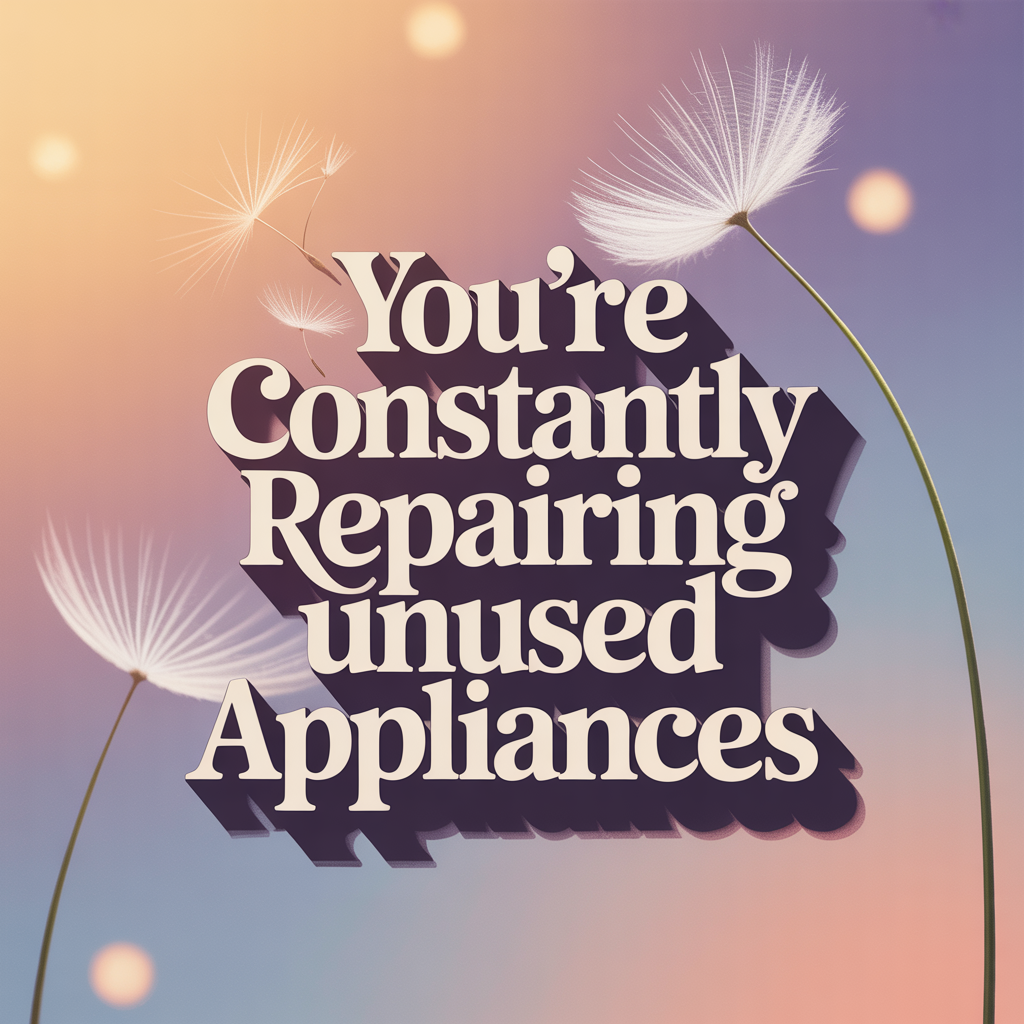
Multiple HVAC units, extra bathrooms, and unused kitchens all break down. Maintaining things you never touch drains time and money. Downsizing eliminates unnecessary systems.
6. Your mobility doesn’t match the house anymore.
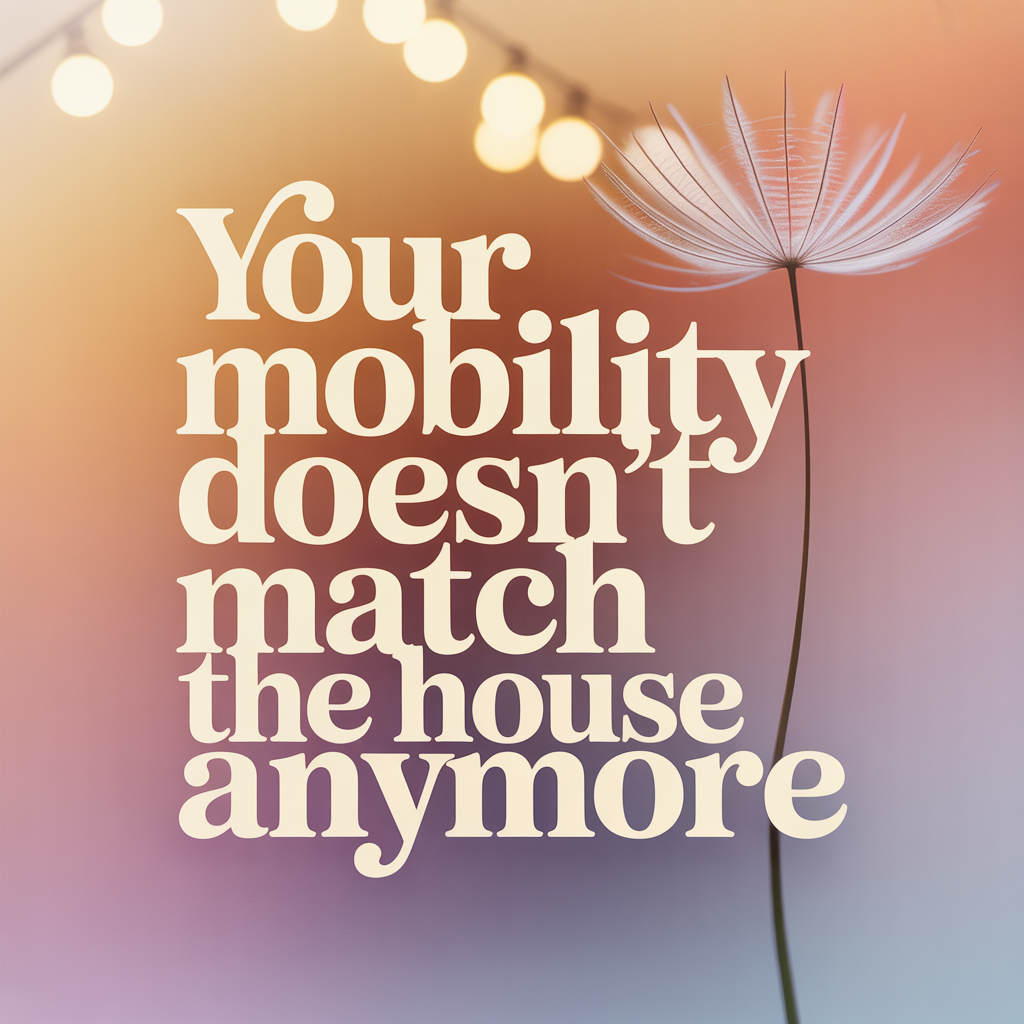
Stairs, hallways, and sprawling layouts work against aging bodies. If your house isn’t aging gracefully with you, it’s too big. A smaller home adapts better.
5. You feel weighed down instead of lifted up.
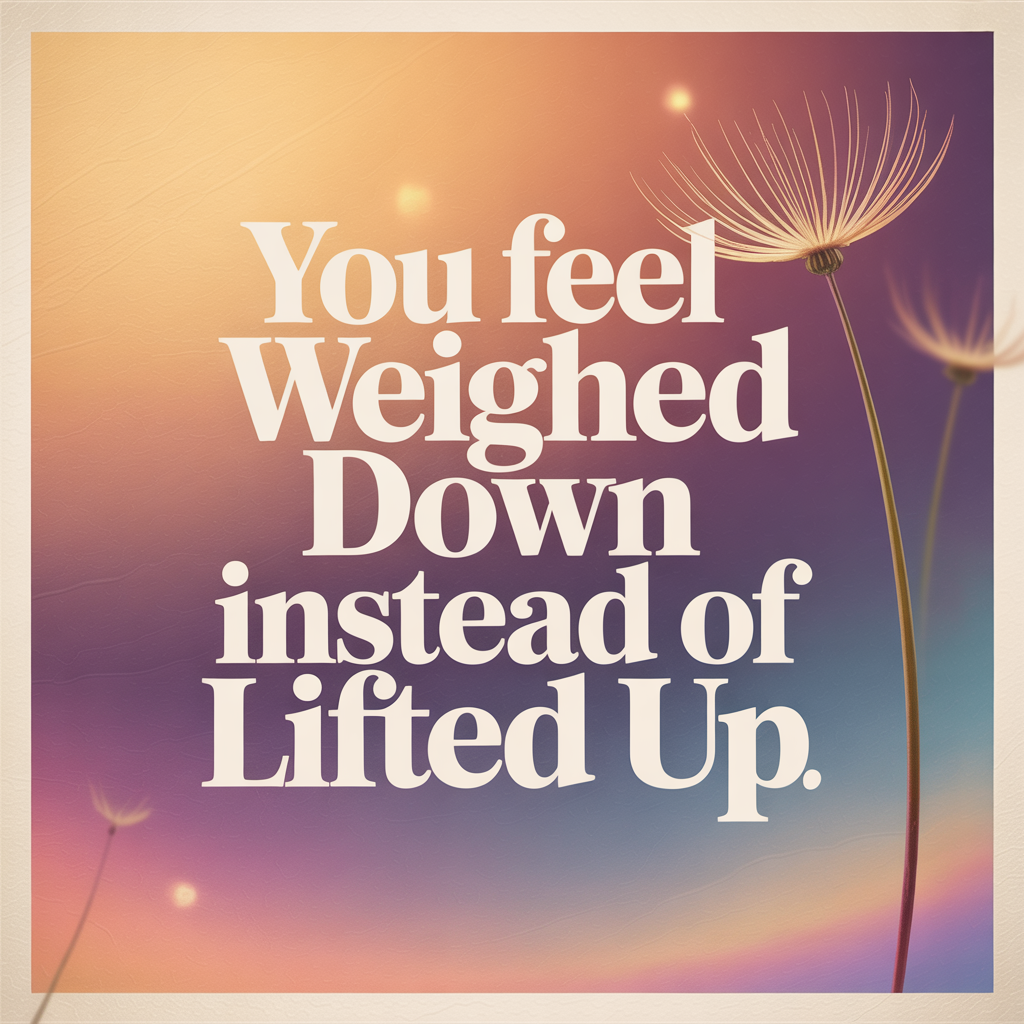
Walking through your home should bring peace. If it only adds stress, the space has outgrown its role. Downsizing lifts that emotional weight.
4. You fantasize about moving somewhere simpler.
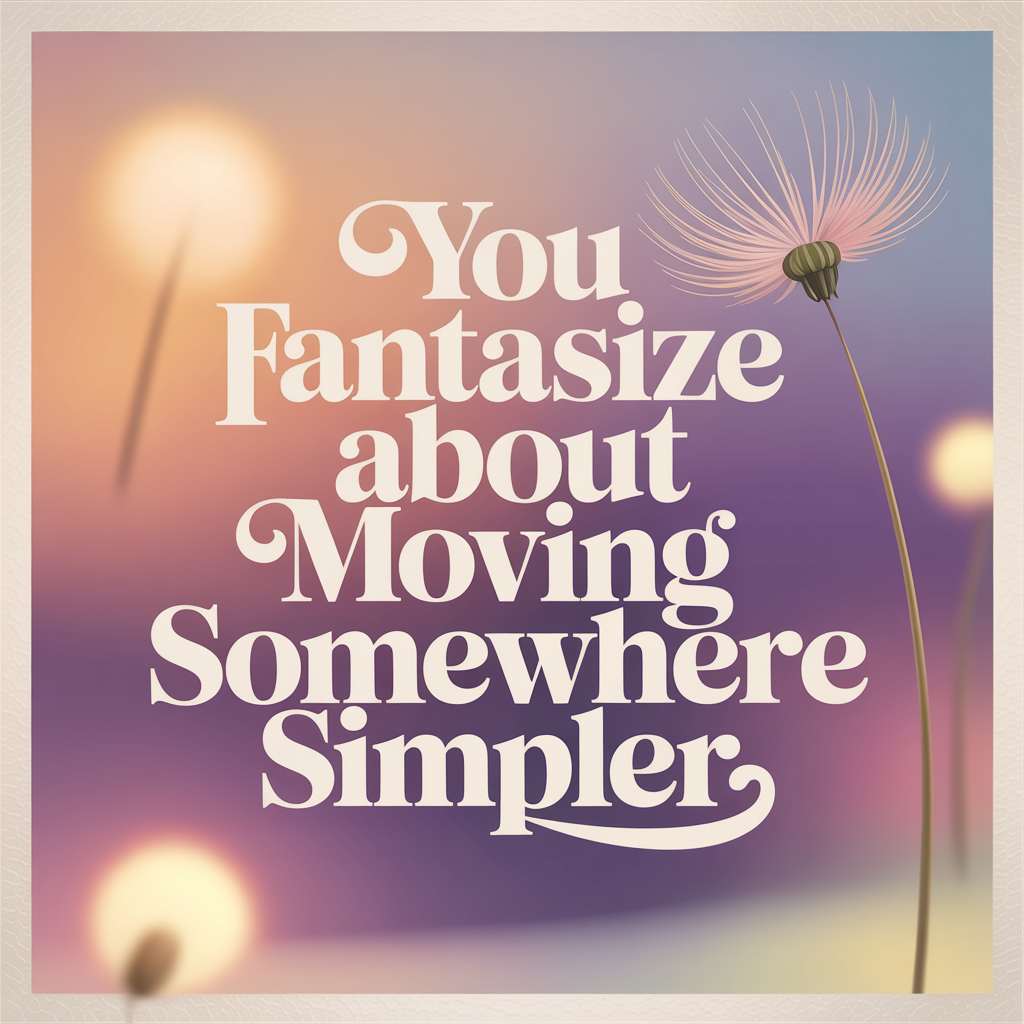
Daydreams about smaller cottages or condos aren’t random. They reveal what you already crave: ease, simplicity, and freedom. That vision is your cue.
3. You know your family won’t want the house later.
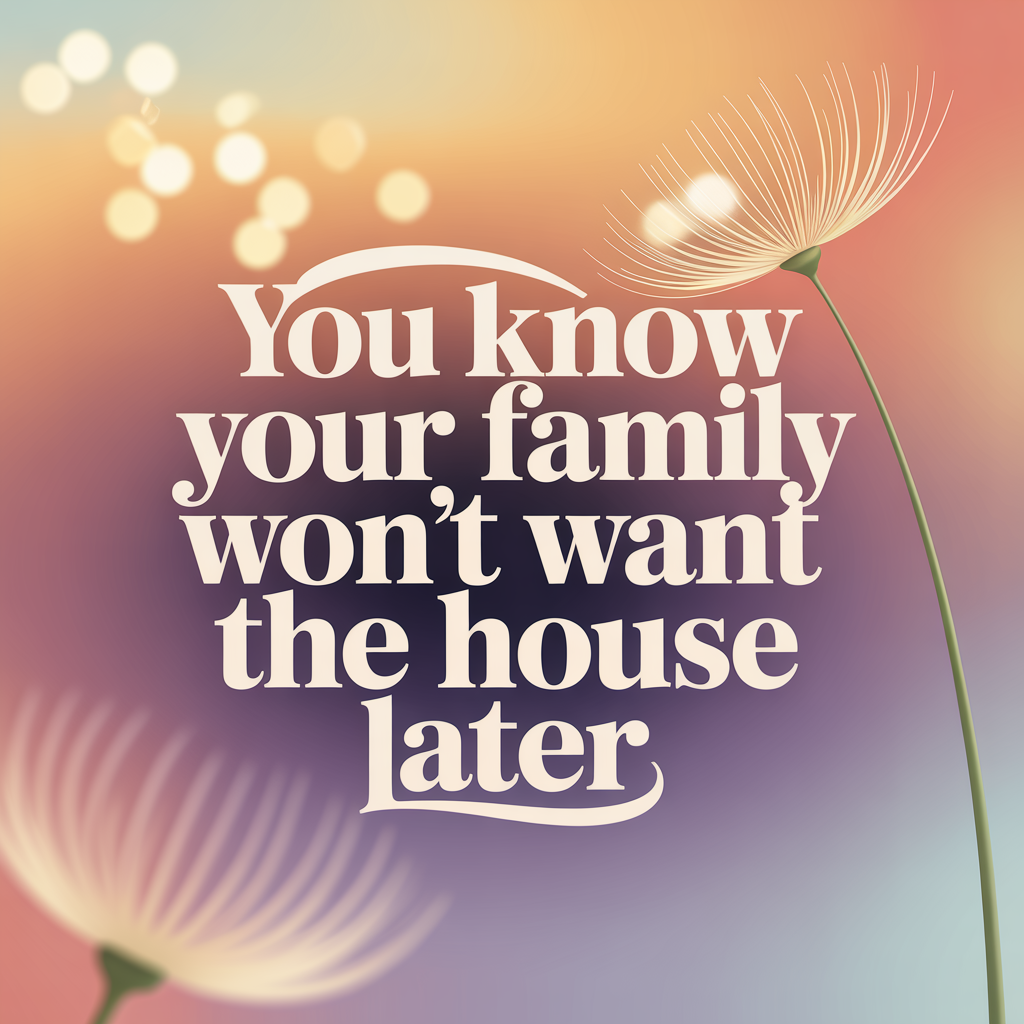
Hanging onto a big home “for the kids” often ends in disappointment when they don’t want it. Burdening them with upkeep or a sale isn’t a gift. Downsizing avoids leaving a headache.
2. The house feels like a museum of the past.

Old trophies, outdated furniture, and ghost rooms tether you to earlier decades. If your home feels more like history than present, it’s time. Downsizing reconnects you to now.
1. You already know you’re ready.

If you’ve been asking yourself whether to downsize, the answer is usually yes. That gut feeling is the clearest sign of all. The only thing left is to act.






